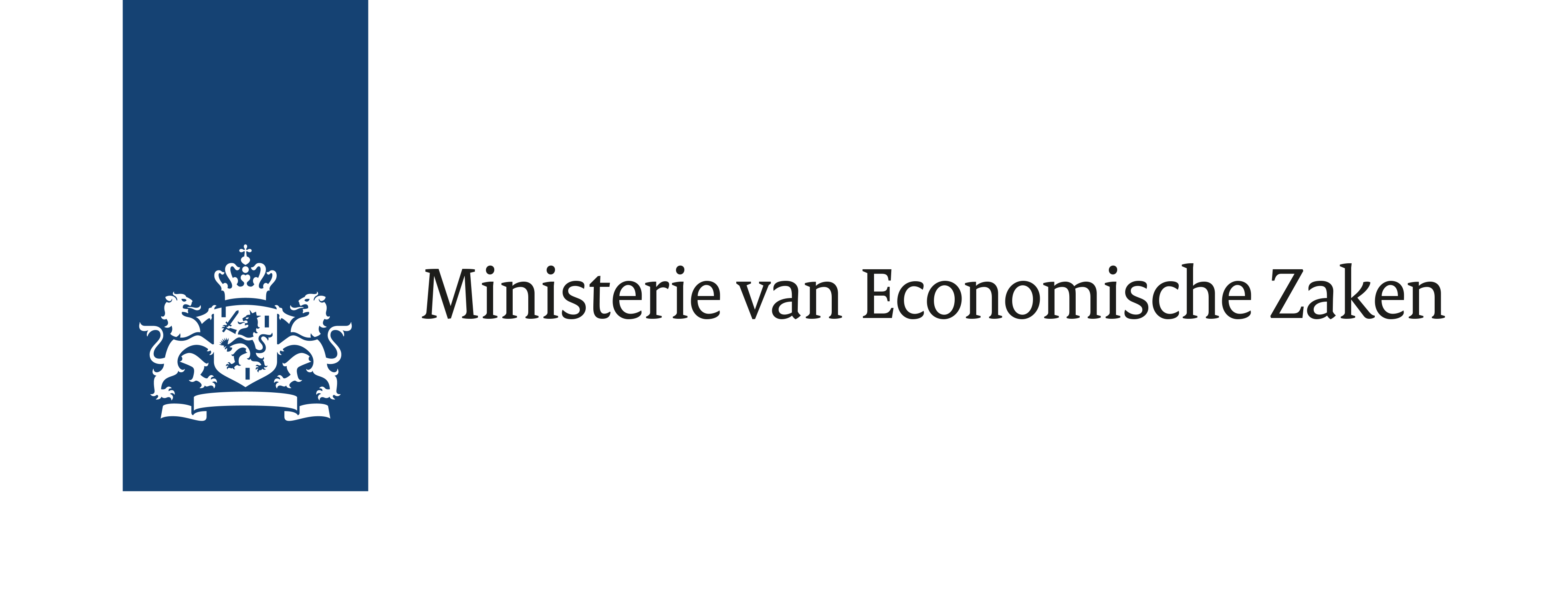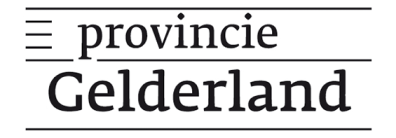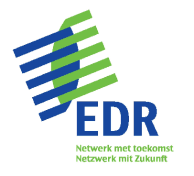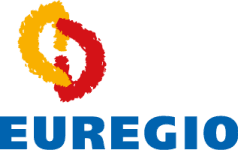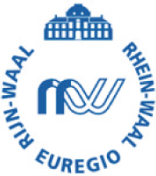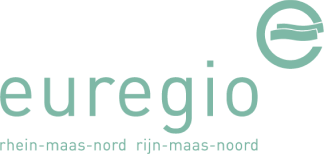KRAKE – Strong villages
The German-Dutch cooperation project “Krachtige Kernen/Starke Dörfer” (KRAKE) is committed to the future viability of small villages. More and more communities are losing important supply structures and quality of life. How can we stop this trend? What can citizens – now and in the future – do to keep their village liveable and attractive?
We talked to Will Bongaerts and Rolf Laakmann and got a little insight behind the scenes of the project.
Tell us briefly about yourself, what is your background and what role did you play within the project?
Will Bongaerts: I am project manager for cross-border cooperation NL-D at the Hogeschool van Arnhem en Nijmegen. I was project manager of the KRAKE project and together with my German colleague Rolf Laakmann from TAFH Münster GmbH I was responsible for the project management of KRAKE.
Rolf Laakmann: I work as a project manager for TAFH Münster GmbH, the project development company of Münster University of Applied Sciences. There I am responsible for our international activities, many of them within INTERREG. Within KRAKE I was part of the project management.
Summarise the project in three sentences, what are the benefits of the project for the region?
Will Bongaerts: The KRAKE project involved a total of 55 Dutch and German villages. The voluntary work of more than 34,000 hours carried out by the inhabitants of these villages have had an enormous and positive impact on the target group for whom INTERREG is primarily intended: the inhabitants of the border region.
Rolf Laakmann: In many villages and communities, volunteers make an impressive contribution to the quality of life in the area. They were the heart and centre of KRAKE. The project itself has helped to gain new momentum and to bundle the existing commitment – by the way, some of it still exists today and far beyond the end of the project.
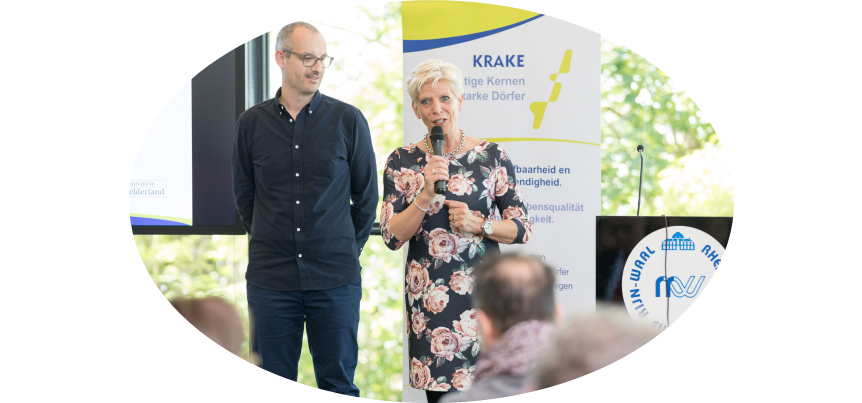
What were the success factors or stumbling blocks for cross-border cooperation in the framework of KRAKE?
Will Bongaerts: In my opinion, one of the success factors was the incredible commitment of the villagers (volunteers), their openness and curiosity for the initiatives that take place in Dutch and German villages. Especially during the Dutch-German Community Village Days the villages learned a lot from each other.
Rolf Laakmann: I think the reason why cross-border cooperation worked so well in KRAKE was because everyone had the same concerns and faced the same challenges in their home towns. For me, this common interest in a matter is the cornerstone of good cross-border cooperation.
What does INTERREG mean for you personally?
Will Bongaerts: I have been living and working in the border region of the Euregio Rhine-Waal for years. For me, the meeting of two cultures – in my case the Dutch and the German – is an enormous enrichment. I wish this enrichment to everyone, and INTERREG makes this possible for many.
Rolf Laakmann: “I grew up in the border region, I have Dutch family members and I am always happy to cross the border, which is often almost invisible today, without having to show my identity card or stop at the border. INTERREG offers me in higher education the opportunity to inspire others for this freedom in a professional context.
What is made possible by INTERREG/Europe?
Will Bongaerts: In the case of KRAKE, INTERREG enabled the inhabitants of many Dutch and German villages to meet for a few years. This has led to good relations and even friendships. The villagers have really learned from each other, from each other’s villages and cultures. Because of the longer duration of the project (3.5 years) they really had the opportunity to deal with common challenges and take over initiatives from another village. Many good relationships remained even after the end of the project.
Rolf Laakmann: I have been able to accompany some INTERREG projects – but what distinguishes KRAKE from them is the incredible joy and energy that was triggered in the villages by the supported activities. This really immediate effect has made a deep impression on me.

